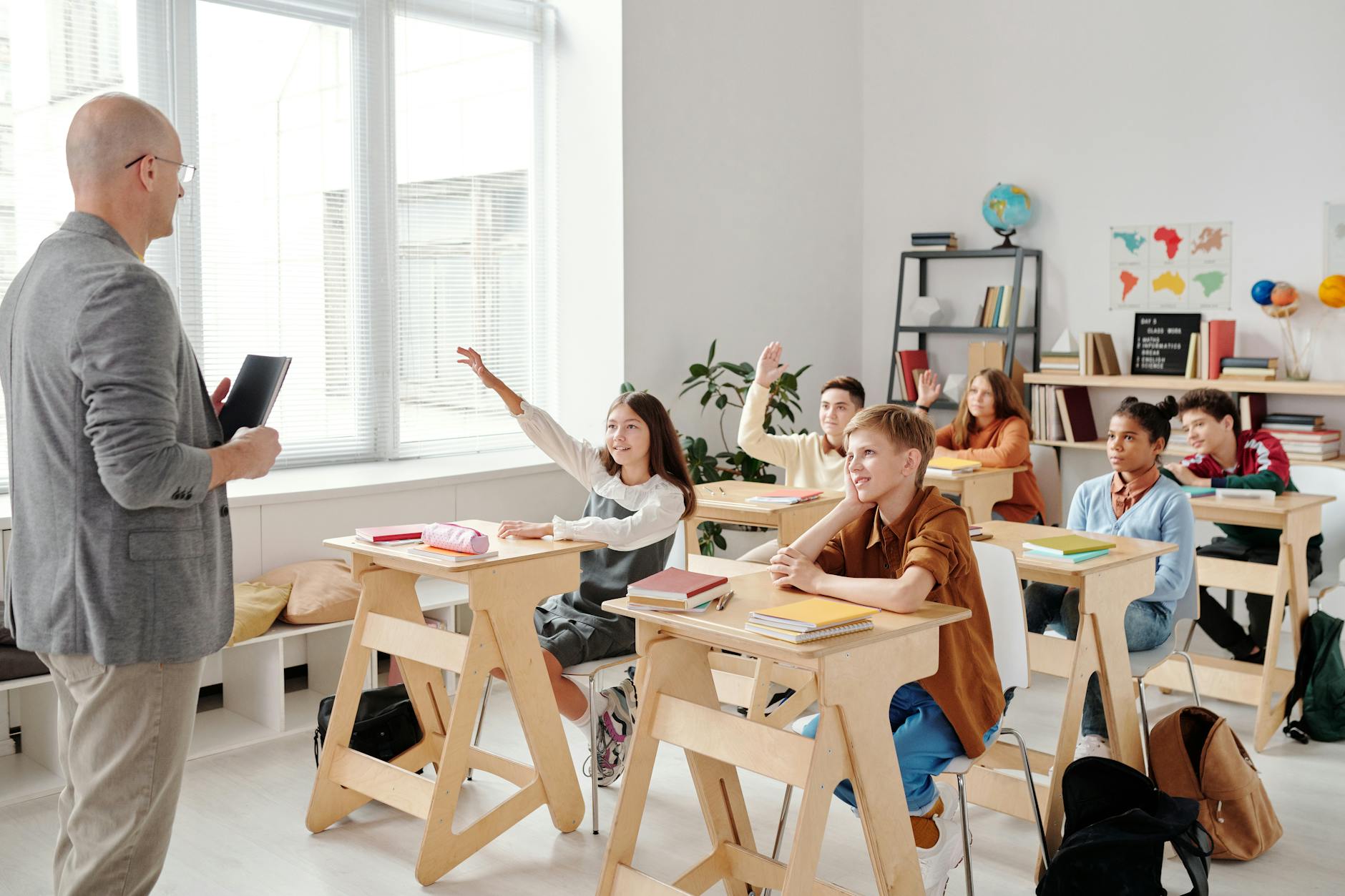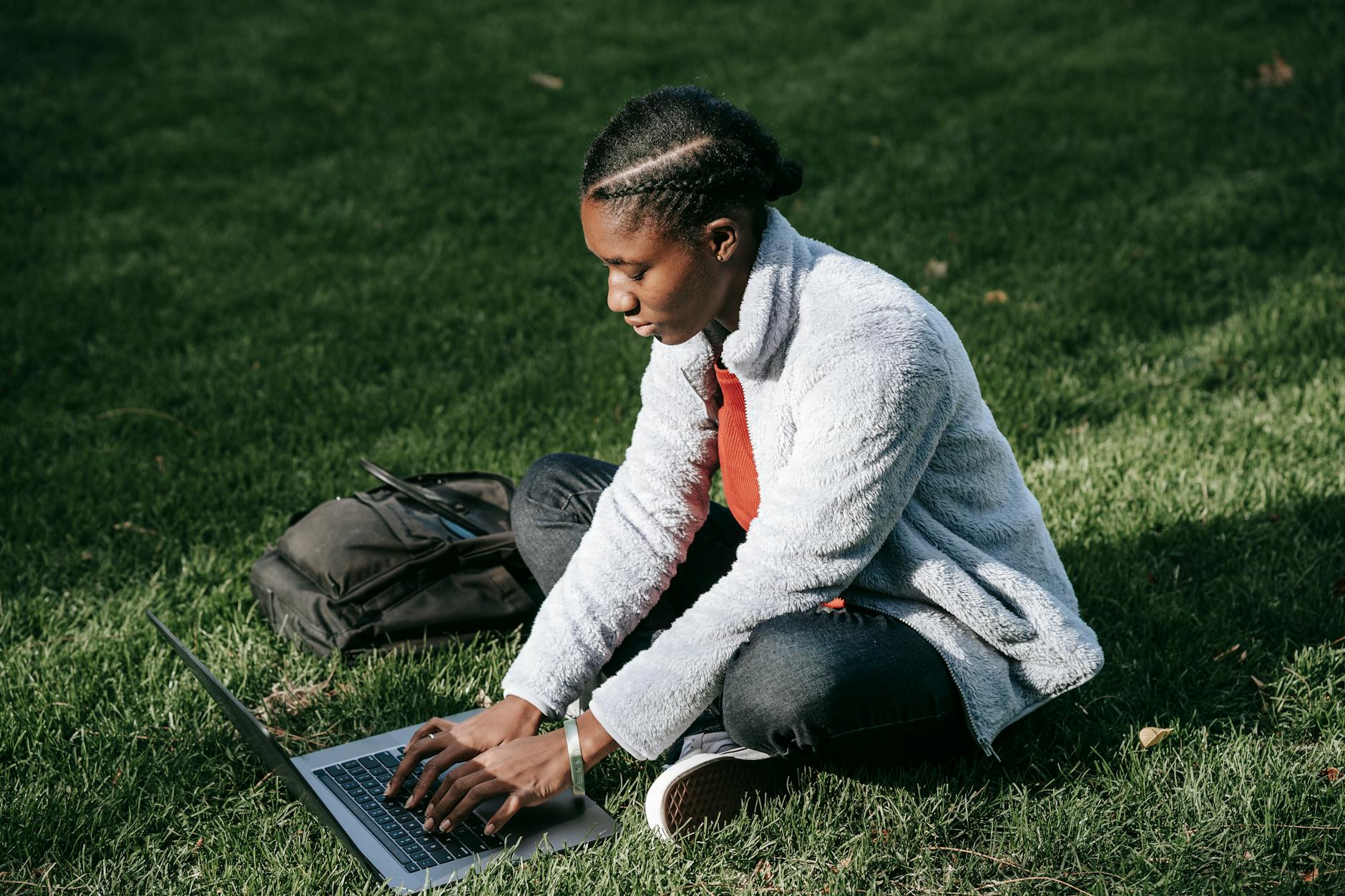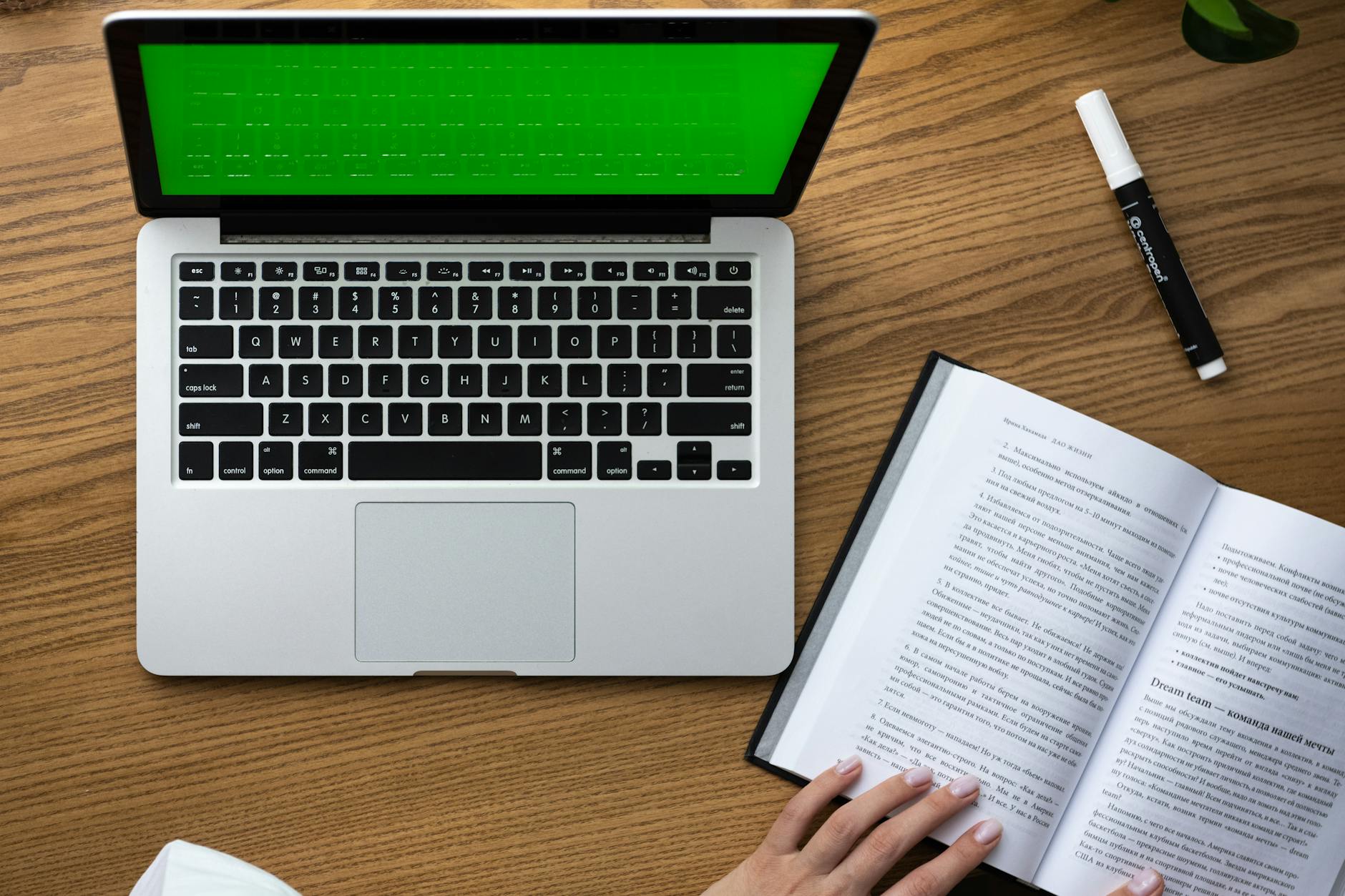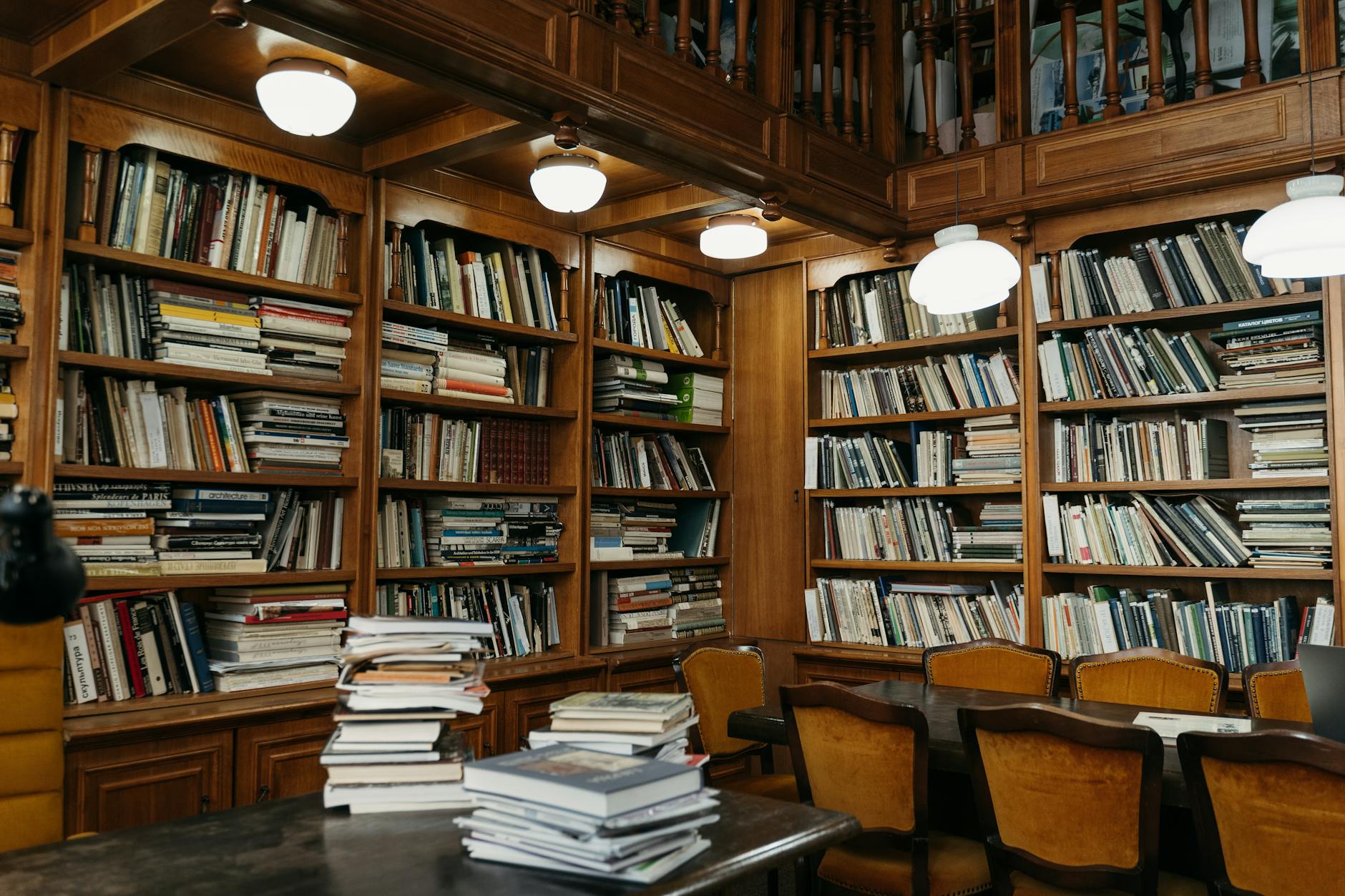How to Foster Inclusive Learning Environments in Australia

Understanding Inclusion in Education
In the heart of Melbourne's bustling educational scene, the concept of inclusion extends beyond mere definitions; it's about creating a learning environment where every student feels valued. As educators, our focus is on inclusive practices that cater to the unique needs and experiences of each student. This approach ensures a rich tapestry of perspectives that broadens understanding and acceptance among peers. Think of it as allowing students to engage with the diverse exhibits at the Melbourne Museum’s Children's Gallery but within the classroom setting.
Defining Inclusive Practices
Inclusive practices in education involve creating strategies that ensure all students, regardless of their abilities or backgrounds, can participate fully in classroom activities. This involves more than just accommodating differences; it's about integrating diverse teaching methodologies that engage every learner. Courses like cert 3 in individual support offer insights into effectively supporting varied needs, ensuring no student is left behind.
Importance of Diversity
Diversity is the cornerstone of an inclusive educational environment. It enriches the learning experience, bringing together varied perspectives that encourage critical thinking and empathy. To further these goals, educators can explore community services courses, which equip them with the skills to handle diverse classroom scenarios and promote cultural inclusivity.
Inclusive Policy Guidelines
Implementing inclusive educational policies requires a commitment to continuous improvement and understanding of diverse needs. Policies should support differentiated learning approaches, incorporating feedback from students and educators to improve their effectiveness. Courses focused on aged care training offer relevant frameworks for understanding individual needs, which can be adapted to educational settings.
By embracing these inclusive strategies, we create classrooms that not only foster learning but also prepare students to thrive in a diverse society.
Strategies for Effective Implementation
Adapting Curriculum Materials
Crafting an inclusive curriculum in Melbourne starts with thoughtful adaptation of educational resources. Take inspiration from child-centric venues like the Melbourne Museum’s Children’s Gallery, where exhibits cater to diverse learning styles. By integrating such interactive elements into early childhood education programs, educators can tailor lessons to meet varied needs, ensuring that every child remains engaged and included. Infusing a certificate iv in mental health framework, for instance, can help guide adaptations that cater to the social and emotional well-being of students.
Classroom Layout Considerations
An inclusive classroom begins with its physical environment. Consider flexible seating arrangements and sensory-friendly spaces that accommodate all students. This echoes the inclusive atmosphere found in storytime sessions at the Melbourne City Library, where comfortable settings enhance learning through shared storytelling experiences. A well-considered layout not only encourages collaboration but also helps in managing classroom dynamics effectively, allowing every student to thrive.
Encouraging Student Participation
Promoting active participation is crucial in fostering an inclusive setting. Drawing inspiration from Scienceworks, where hands-on activities engage varied intellects, educators can offer students similar opportunities for experiential learning. This can be woven into the curriculum through group projects or class discussions that welcome every child’s voice. Incorporating a diploma of community services framework can further enhance these strategies by equipping teachers with tools to support a broad spectrum of participation.
Supporting Diverse Needs
Tailoring Learning Activities
As a creative classroom leader, it's vital to tailor learning activities to meet the diverse needs of students. Drawing inspiration from local attractions like Scienceworks, where hands-on learning thrives, educators can implement similar interactive techniques in their lessons. Activities should be adaptable, allowing each child to participate at their own pace. Incorporating elements from childcare courses online can provide fresh ideas and methods to engage different learning styles. This adaptability not only caters to varied learning preferences but also encourages an inclusive environment where all students feel supported.
Facilitating Emotional Support
Facilitating emotional support is key to nurturing a positive learning atmosphere. Just as Storytime sessions at the Melbourne City Library provide a sense of belonging through inclusive storytelling, classrooms should offer an emotionally supportive environment. Techniques from child care courses can help educators develop empathy and emotional intelligence among students. The focus should be on creating a safe space where learners can express their feelings and challenges openly. Providing consistent emotional support fosters resilience, enabling students to navigate both personal and academic obstacles effectively.
Engaging Families and Communities
Engaging families and communities enriches the educational experience and strengthens the support network for students. Drawing parallels with the interactive exhibits at the Melbourne Museum’s Children’s Gallery, schools can host community events and workshops that encourage parental involvement. These gatherings facilitate open dialogues, allowing families to share insights and collaborate on their children's learning journeys. By nurturing these partnerships, educators and parents can work together to reinforce inclusive practices and ensure that every child has the opportunity to thrive.
Professional Development for Educators
Training on Inclusive Techniques
Incorporating inclusive techniques into the classroom requires educators to be well-versed in strategies that accommodate diverse learning needs. Courses such as aged care courses and mental health courses can offer valuable insights into tailoring educational approaches to varied student backgrounds. These courses encompass practical strategies to foster an inclusive environment, ensuring educators are equipped to handle diverse classroom dynamics effectively.
Collaborative Learning Opportunities
Professional development thrives in a collaborative setting. By engaging with fellow educators in workshops or interactive sessions, teachers can share personal experiences and innovative strategies that cater to a diverse student body. This collective approach to learning promotes a deeper understanding of inclusivity. I remember a workshop I attended where we discussed integrating hands-on activities similar to those at Melbourne's Scienceworks, which offer engaging experiences for multiple learning styles.
Reflective Teaching Practices
Reflective teaching practices are essential for continuous growth. By regularly evaluating their teaching methods and student interactions, educators can identify areas for improvement and celebrate successful strategies. This reflective approach allows for adjustments that further enhance inclusivity in the classroom. It's like the ongoing discovery at the Melbourne Museum’s Children’s Gallery, where every visit can reveal new understandings and opportunities for growth.
Through constant reflection, collaboration, and targeted training, educators can hone their skills to create inclusive, dynamic learning environments that meet the needs of all students.
Practical Applications and Community Integration
Leverage Local Learning Experiences
Recognising the enriching potential of local resources is crucial in fostering an inclusive learning atmosphere. Think of a visit to the Melbourne Museum’s Children’s Gallery. Such excursions are more than simple outings—they are gateways to a broader understanding of diverse histories and cultures. By immersing students in these multi-sensory experiences, we not only capture their curiosity but also enable them to embrace and celebrate differences.
Storytelling as a Tool for Inclusion
The magic of storytelling, such as witnessed during Storytime sessions at the Melbourne City Library, serves as an excellent model. These sessions exemplify how narratives can bridge gaps, offering children insights into lives and experiences that may differ from their own. By incorporating diverse stories and perspectives into the curriculum, we cultivate empathy and understanding, ensuring every student sees their identity reflected within those pages.
Embrace Hands-On Learning
Drawing inspiration from Scienceworks' hands-on activities, practical learning can significantly enhance inclusivity in classrooms. By implementing similar hands-on, interactive components, educators can tailor lessons to various learning styles, catering specifically to the diverse needs of students. This tactile approach not only enlivens the learning process but also ensures that concepts are accessible to all learners, regardless of their educational needs.
In the end, our role as educators is to ignite inspiration and provide students with tools to navigate the world effectively. With these strategies, Melbourne’s rich local landscape becomes an invaluable educational asset, empowering both students and teachers to venture beyond the traditional classroom boundaries.


